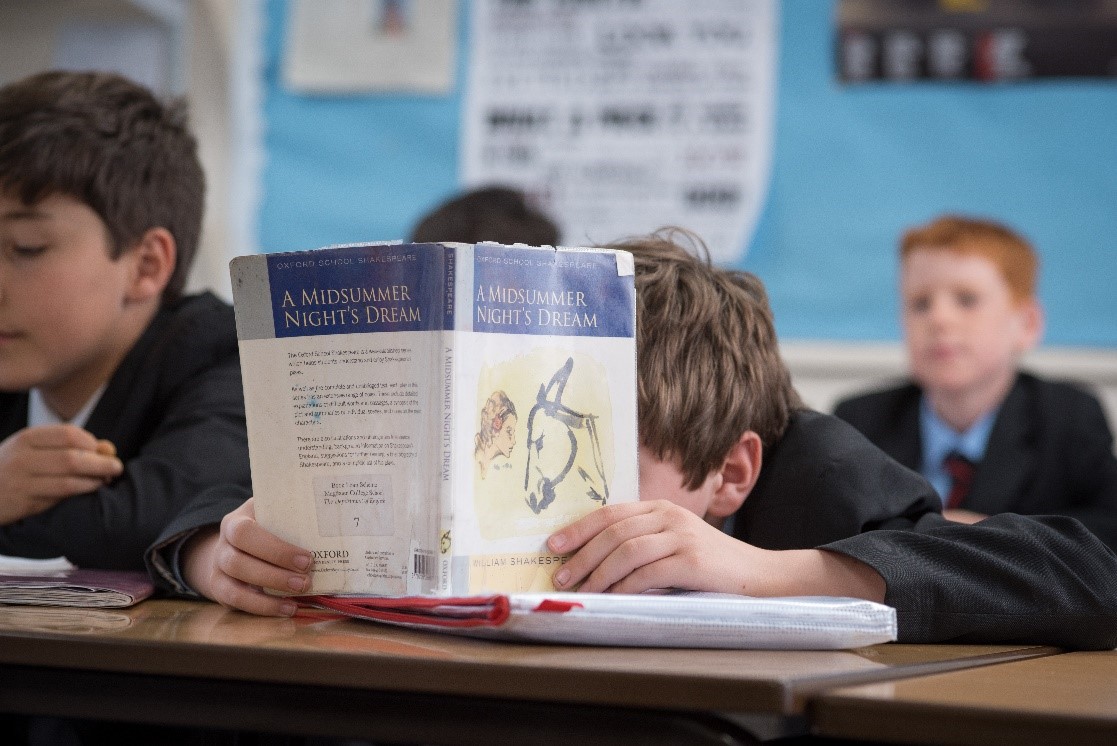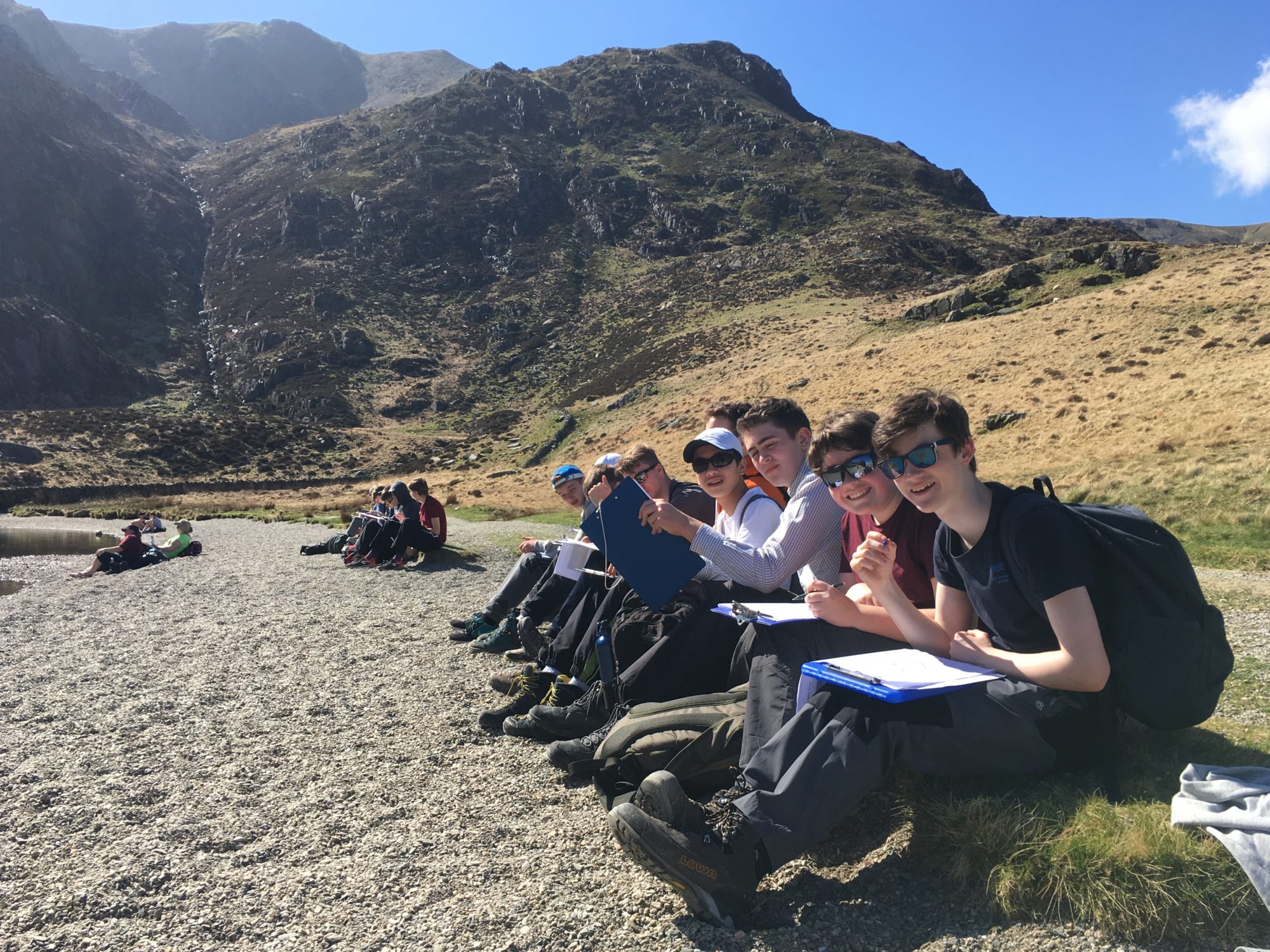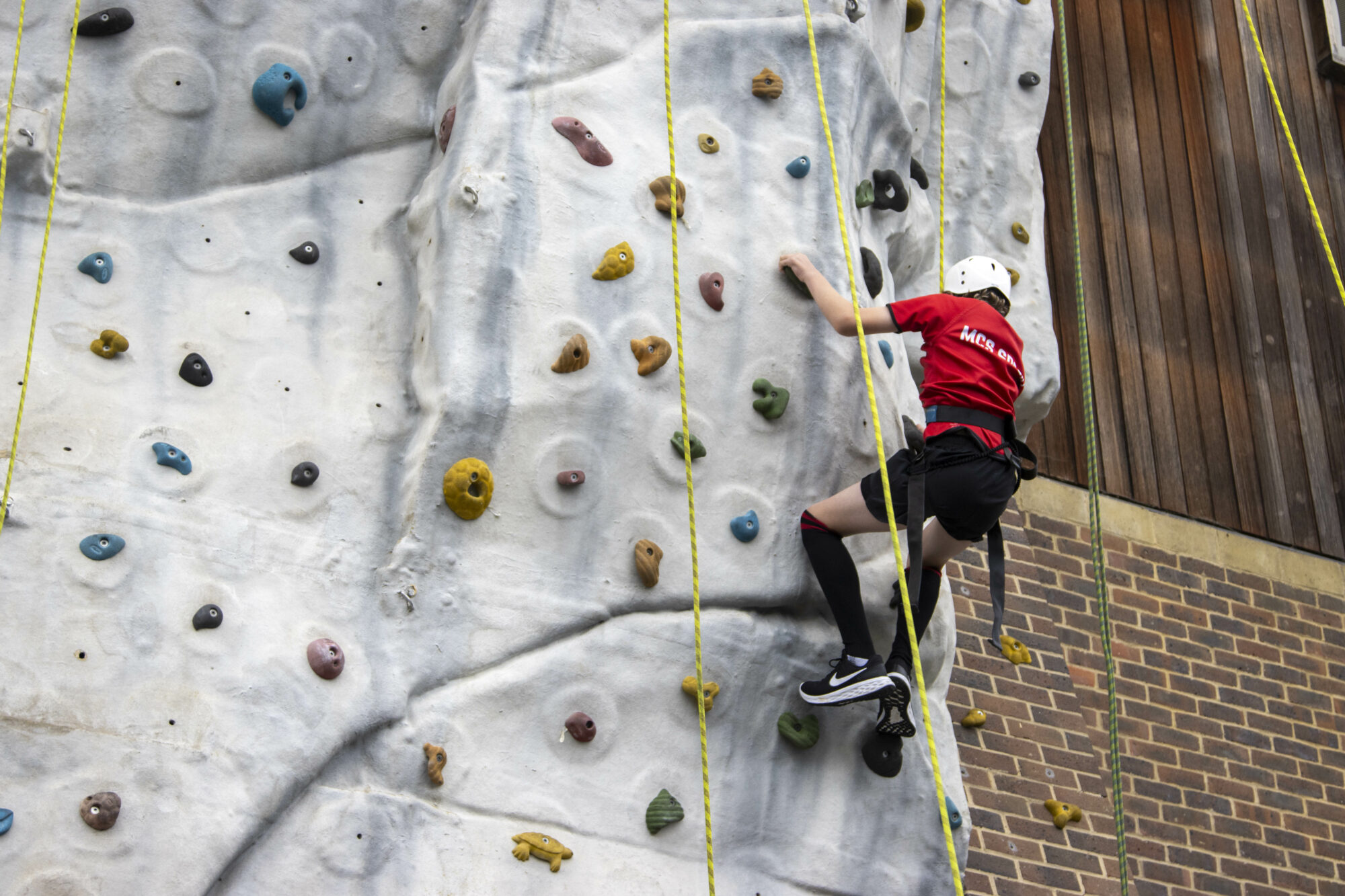Computer Science
Computer Science is a more and more important subject, as computers come to play an ever more significant role in our everyday lives. At MCS, we aim to equip our students with skills not only to navigate the digital world but also to take an active part in its creation and development.
We focus on computational thinking and problem-solving skills, as these are independent of the technologies used; they are likely to become even more valuable with further technological development in the future.
The school is equipped with two classrooms suited with Linux laptops dedicated exclusively to teaching Computer Science and joined in a network separate from the main school system. This means that our students have unique opportunities to develop and run their projects locally using their preferred IDE and other software, as well as freely experiment with networking as part of their courses and extra-curricular activities.
At MCS, we aim to equip our students with skills not only to navigate the digital world but also to take an active part in its creation and development

Lower School (Years 7-9)
While we do not teach Computer Science as a separate compulsory subject in the Lower School, our younger pupils have opportunities to engage with the subject.
All pupils in the Third Form participate in a full-day workshop, introducing them to basic programming concepts, such as selection and iteration.
In the Lower Fourth Form, all students take part in an eight-lesson course on algorithms and problem-solving strategies and in another course on analysing data using spreadsheet software as part of the school’s Lilium programme. All the boys in the Lower Fourth also sit the Bebras Computational Thinking Challenge within their Mathematics lessons. You can read about our recent success in that competition here.
Middle School (Years 10 and 11)
Our two-year course is an optional subject typically chosen by over a third of the boys in a year group. We follow the AQA GCSE specification, which allows us to particularly focus on algorithms, computational thinking and programming. We also extend the syllabus to include the basics of web development.
Python programming is a major part of the MCS course. The boys learn the language in more depth than required to solve exam papers and many of them develop their own larger programming projects throughout the course as extension activities. All our students take part in the Perse Coding Cup, a large majority of them qualifying to the second round of the competition.
There are ample other enrichment activities our boys take part in, such as the Cyber Discovery course on network security, the National Cipher Challenge, trips to the National Museum of Computing and the British Informatics Olympiad.
Computers do not have to be electronic. In 2012, Matt Parker used 10,000 dominoes to build a computer capable of adding four-bit integers

Sixth Form
Starting from September 2019, MCS students have an opportunity to continue studying Computer Science in the Sixth Form. This challenging course dives deep into the mathematical foundations of computing. While A-level Computer Science does not require knowledge of post-GCSE Mathematics, it provides problem-solving and logical reasoning challenges at the highest level.
Within the course, all students take part in practical programming classes for two periods every week, taught in small sets of at most ten. The students learn by developing projects of their own choice, learning technologies with real commercial use, such as Flask for web development and Kivy for desktop applications.
Refer to the Sixth Form Curriculum guide for a more detailed breakdown of the A-Level computer science programme.
Further Inspiration
If you are thinking about studying Computer Science in the Sixth Form at MCS, you might want to start reading around the subject before you join. Our Study Preparation guides are a useful tool, detailing further reading around key topics.
Secure data transmission over the Internet is based on properties of prime numbers discovered by Pierre de Fermat in the 17th century
 MCS ranks among the top independent secondary schools, and in 2024 was awarded Independent School of the Year for our contribution to social mobility.
MCS ranks among the top independent secondary schools, and in 2024 was awarded Independent School of the Year for our contribution to social mobility.

 28 of our pupils achieved 10 or more 8 or 9 grades in 2024.
28 of our pupils achieved 10 or more 8 or 9 grades in 2024.
 In 2023-24, MCS received over £448,000 in donated funds.
In 2023-24, MCS received over £448,000 in donated funds.

